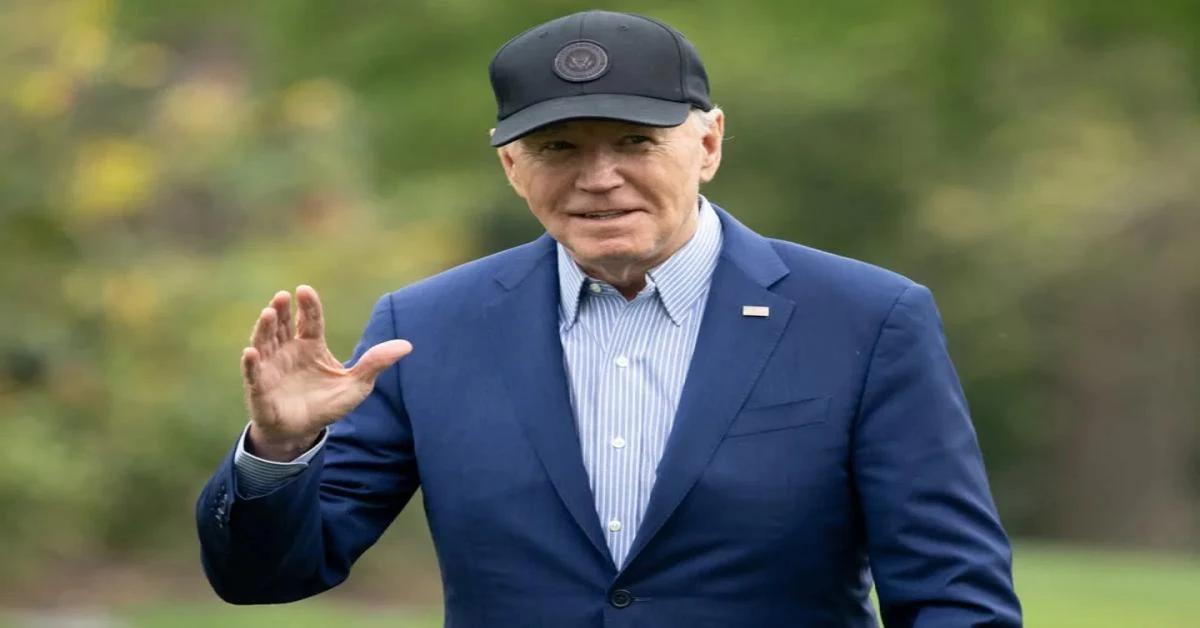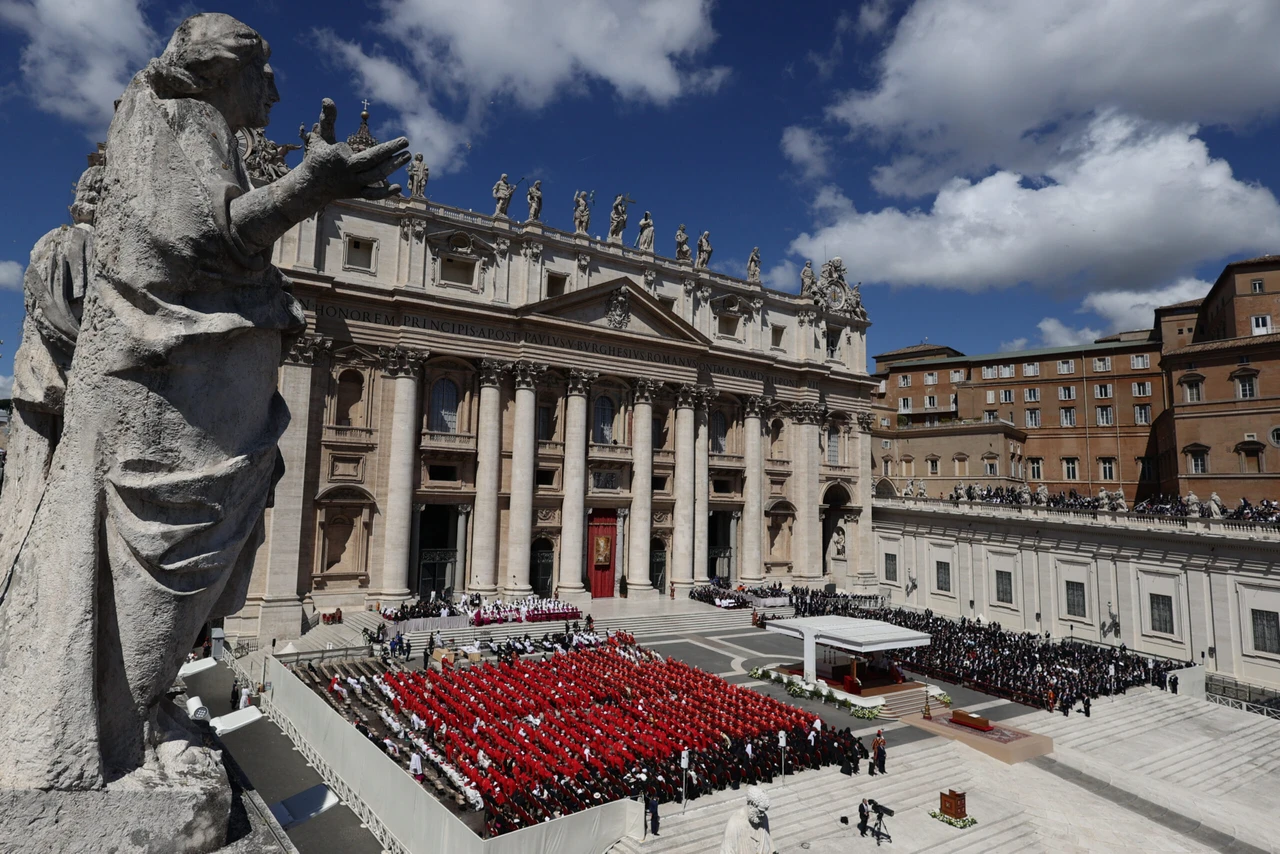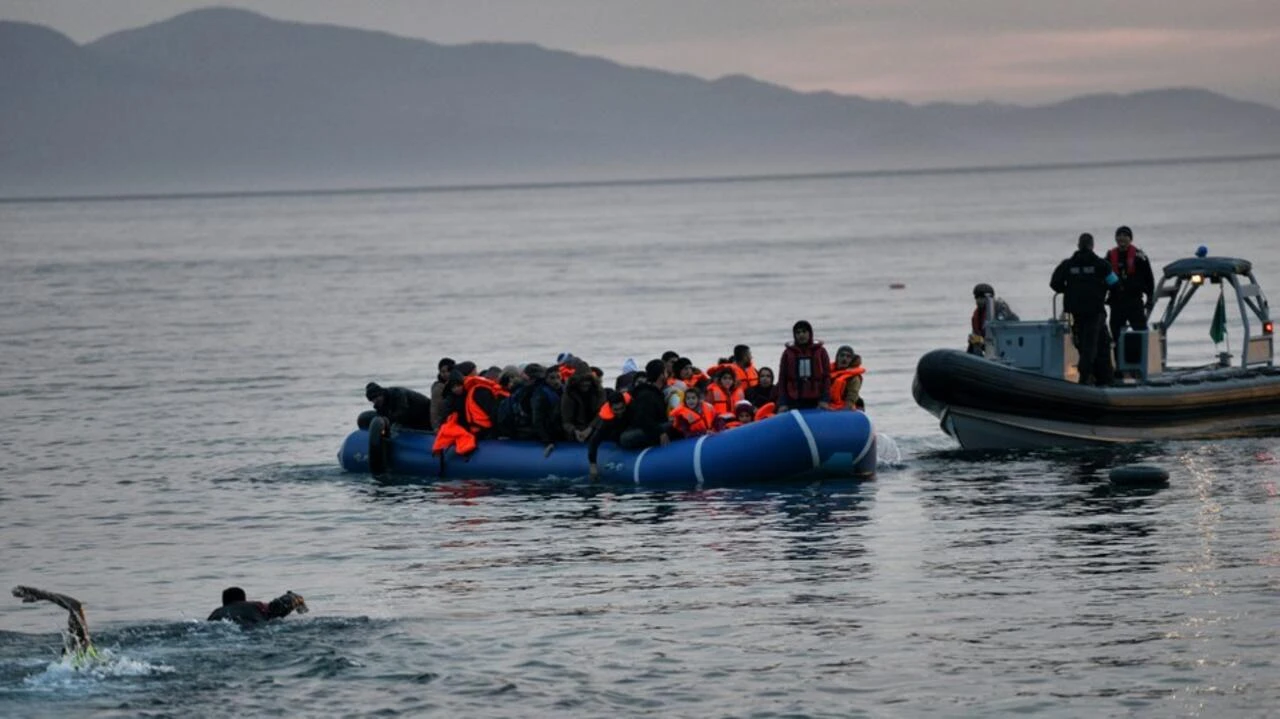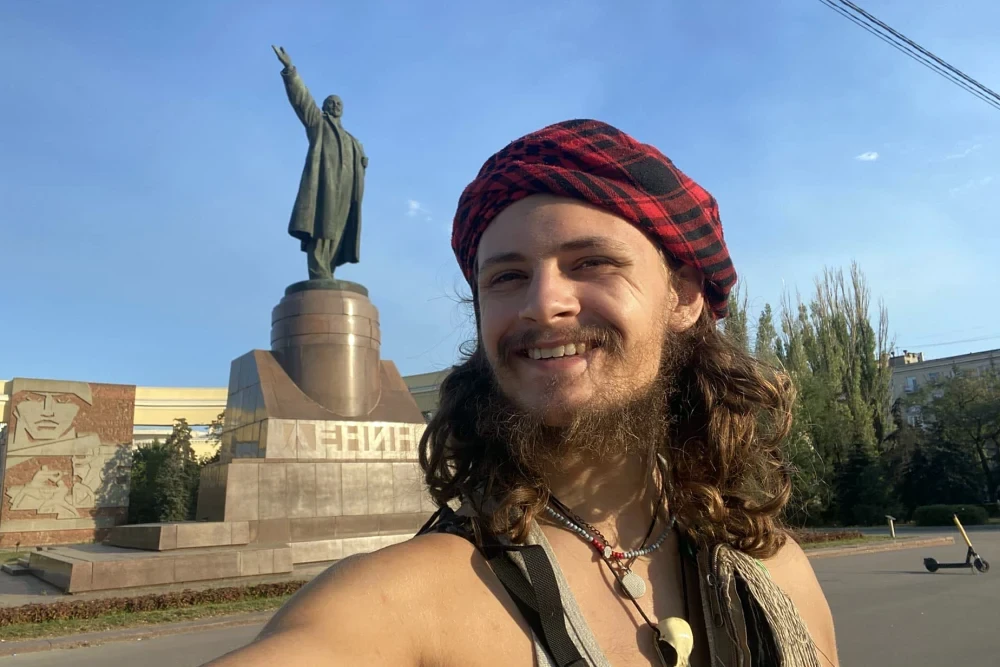Records contradict Biden’s cannibalism remark on uncle’s WWII death

US President Biden attributes the inability to recover his uncle’s WWII remains to cannibalism in New Guinea, a claim not supported by military records that simply cite an oceanic crash
On Wednesday, President Joe Biden recounted the fate of his uncle, 2nd Lt. Ambrose J. Finnegan Jr., who disappeared after his plane crashed near New Guinea during World War II.
Biden’s account, however, includes details that deviate significantly from established military records.
Speaking in Pittsburgh and later in Scranton, Biden suggested that cannibalism in New Guinea at the time of his uncle’s crash made it impossible to recover the body.
“They never found the body because there used to be a lot of cannibals – for real – in that part of New Guinea,” Biden explained during his remarks.
Contrary to the president’s claims, the Defense POW/MIA Accounting Agency (DPAA) states that Finnegan’s plane “was forced to ditch in the ocean” due to unknown reasons, with no mention of cannibalism impacting the recovery efforts.
Biden used this story to contrast his family’s military service with former President Donald Trump’s alleged remarks about fallen service members being “suckers” and “losers,” as reported in 2020 by The Atlantic – a report Trump vehemently denies.
White House Deputy Press Secretary Andrew Bates highlighted Biden’s pride in his uncle’s service, linking it to broader themes of respect and care for military personnel.
“President Biden is proud of his uncle’s service in uniform,” Bates stated. “He highlighted his uncle’s story as he made the case for honoring our ‘sacred commitment to equip those we send to war and take care of them and their families when they come home.'”
The discrepancies in Biden’s storytelling have not gone unnoticed. Records from the DPAA do not corroborate Biden’s version, noting simply that the aircraft ditched at sea, leading to Finnegan and two others being declared missing after an unsuccessful search.
Biden’s emotional engagement with his family’s military history is evident as he continues to invoke these personal anecdotes to connect with voters and emphasize his policy commitments. However, the factual inaccuracies in his accounts raise questions about the intertwining of personal memory and historical record in public discourse.
Source: Newsroom



